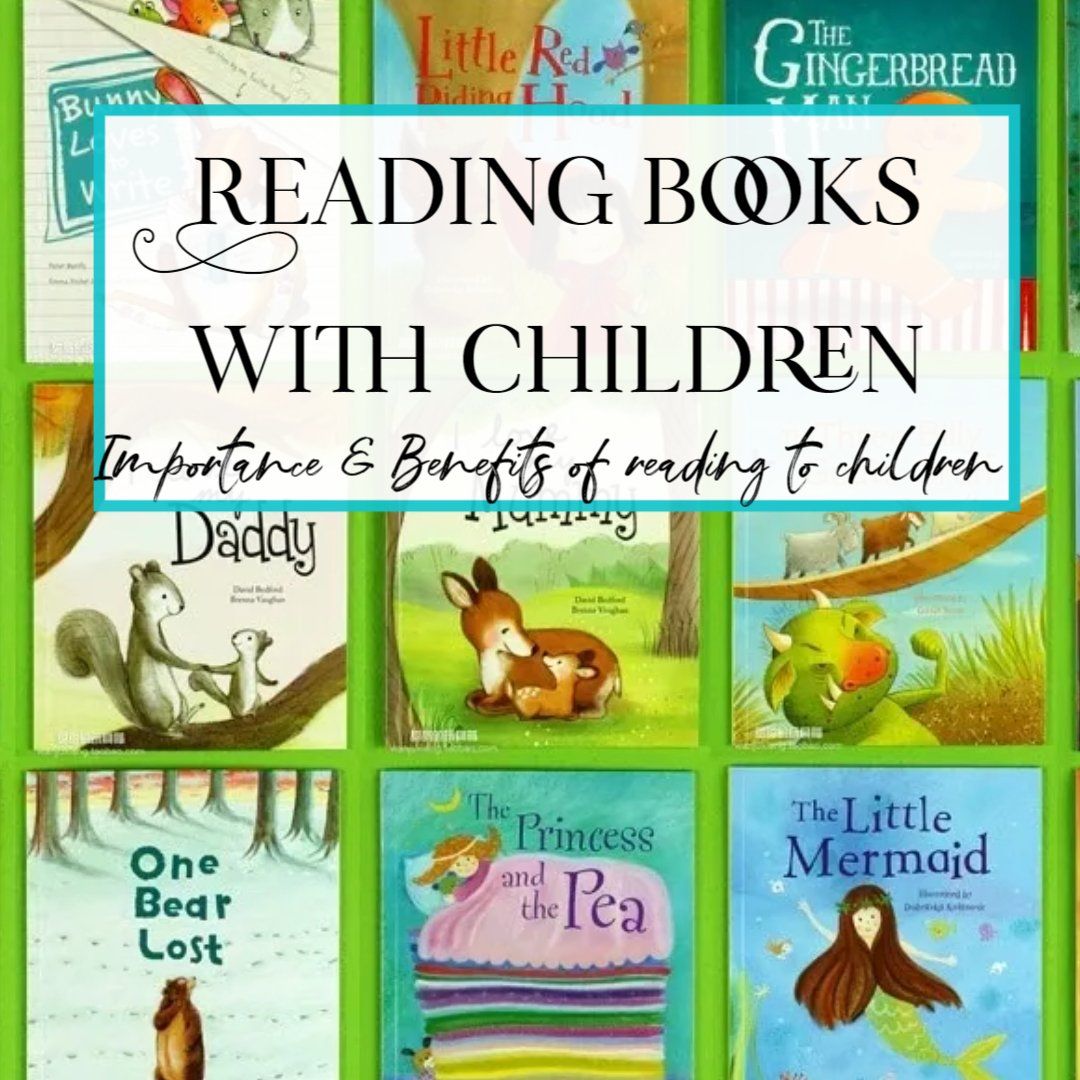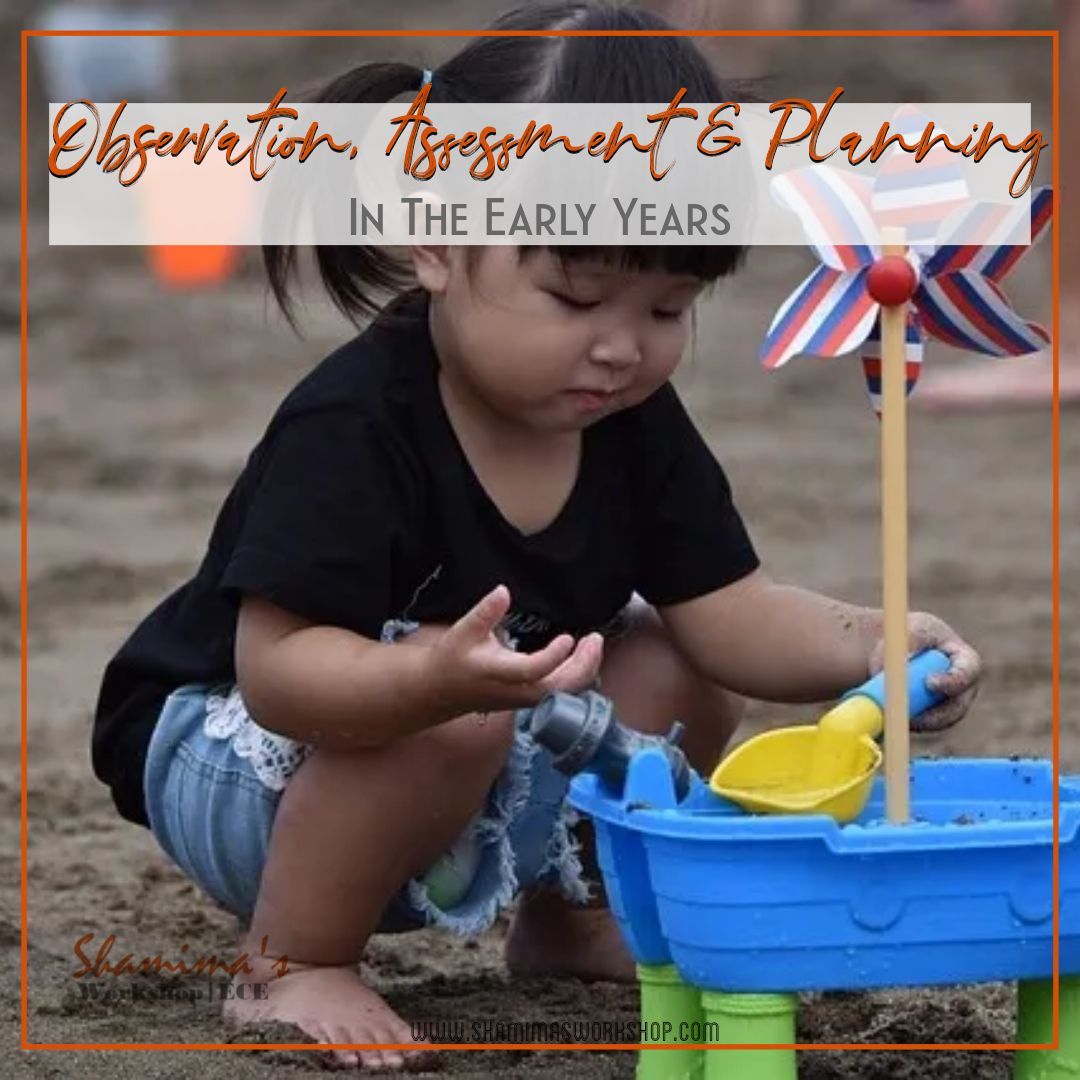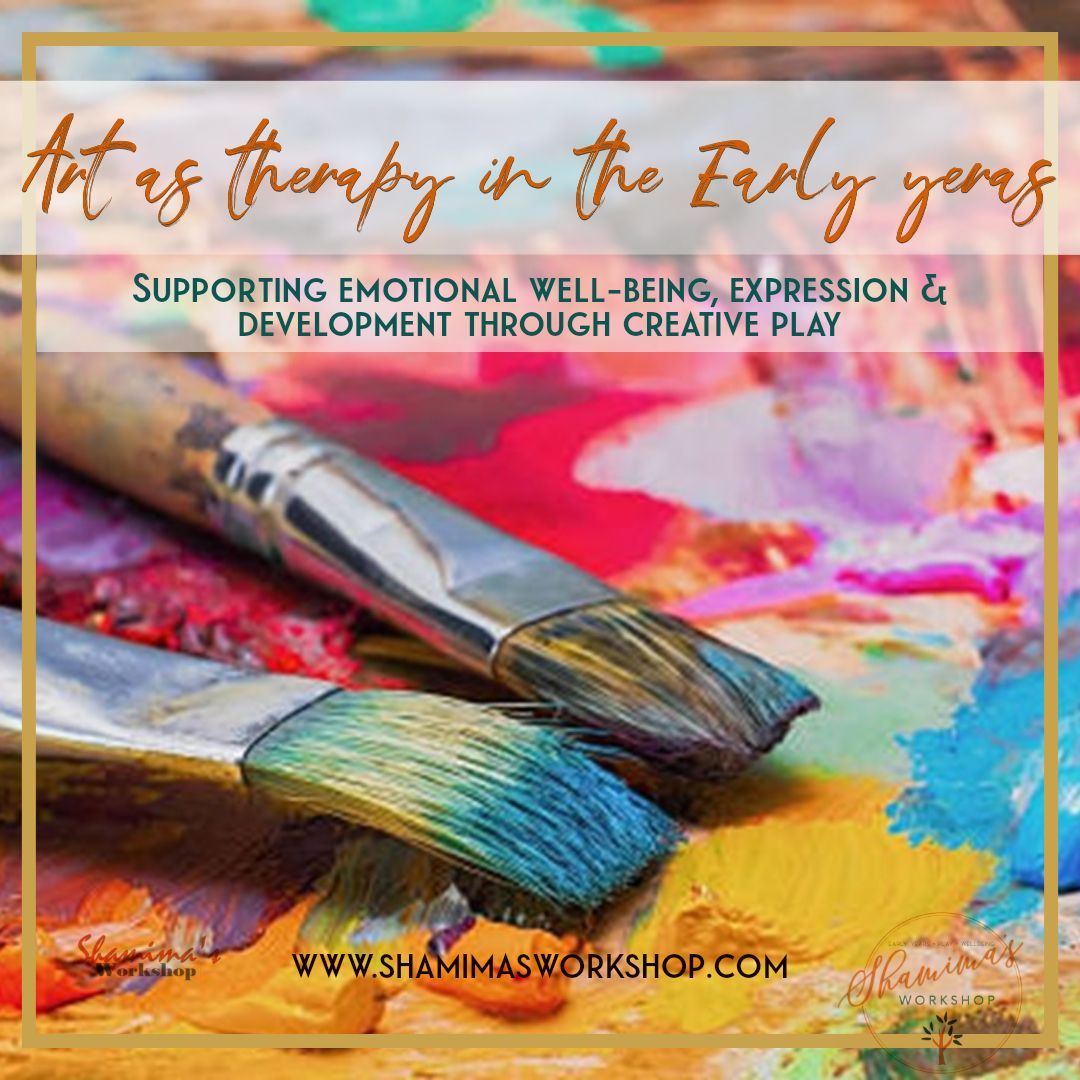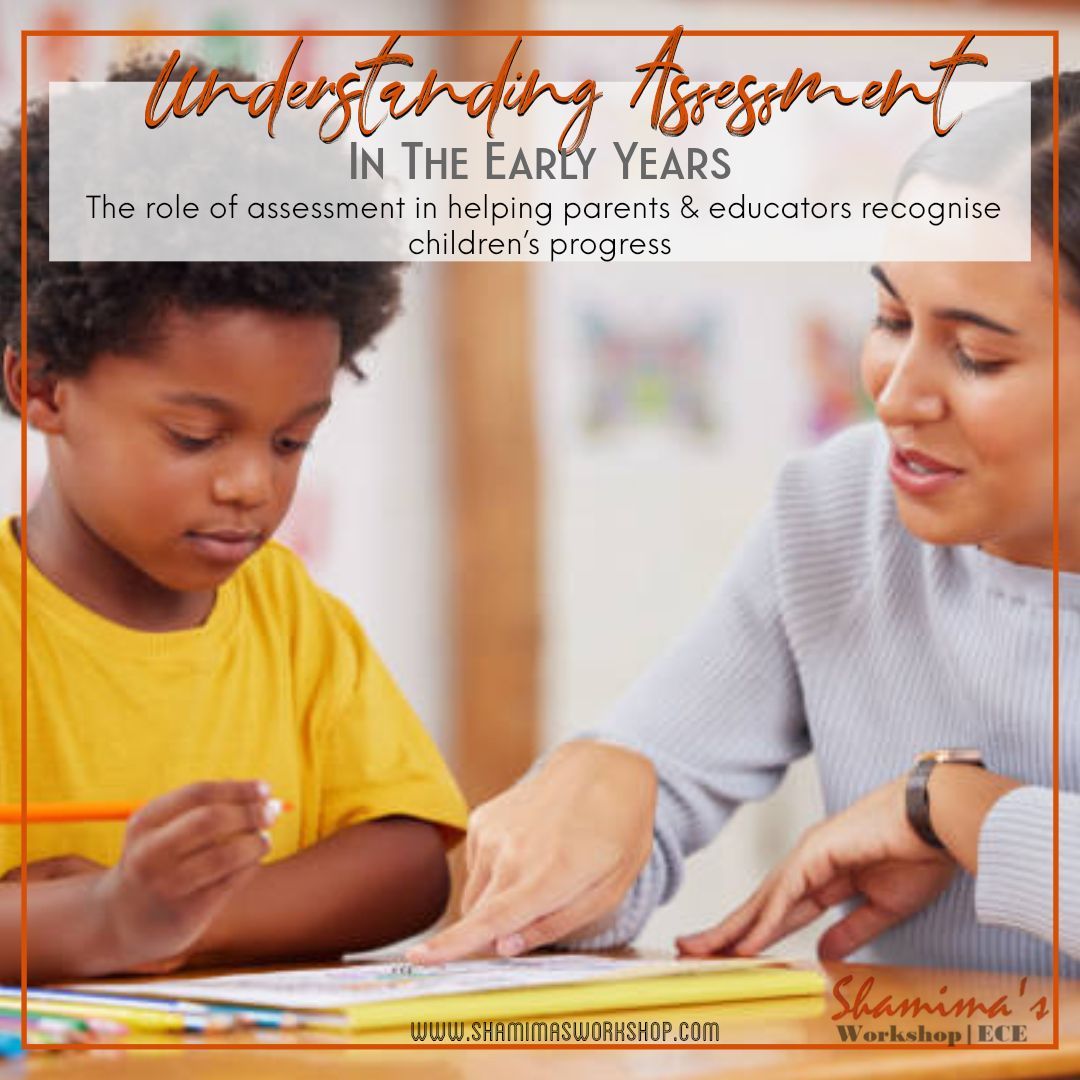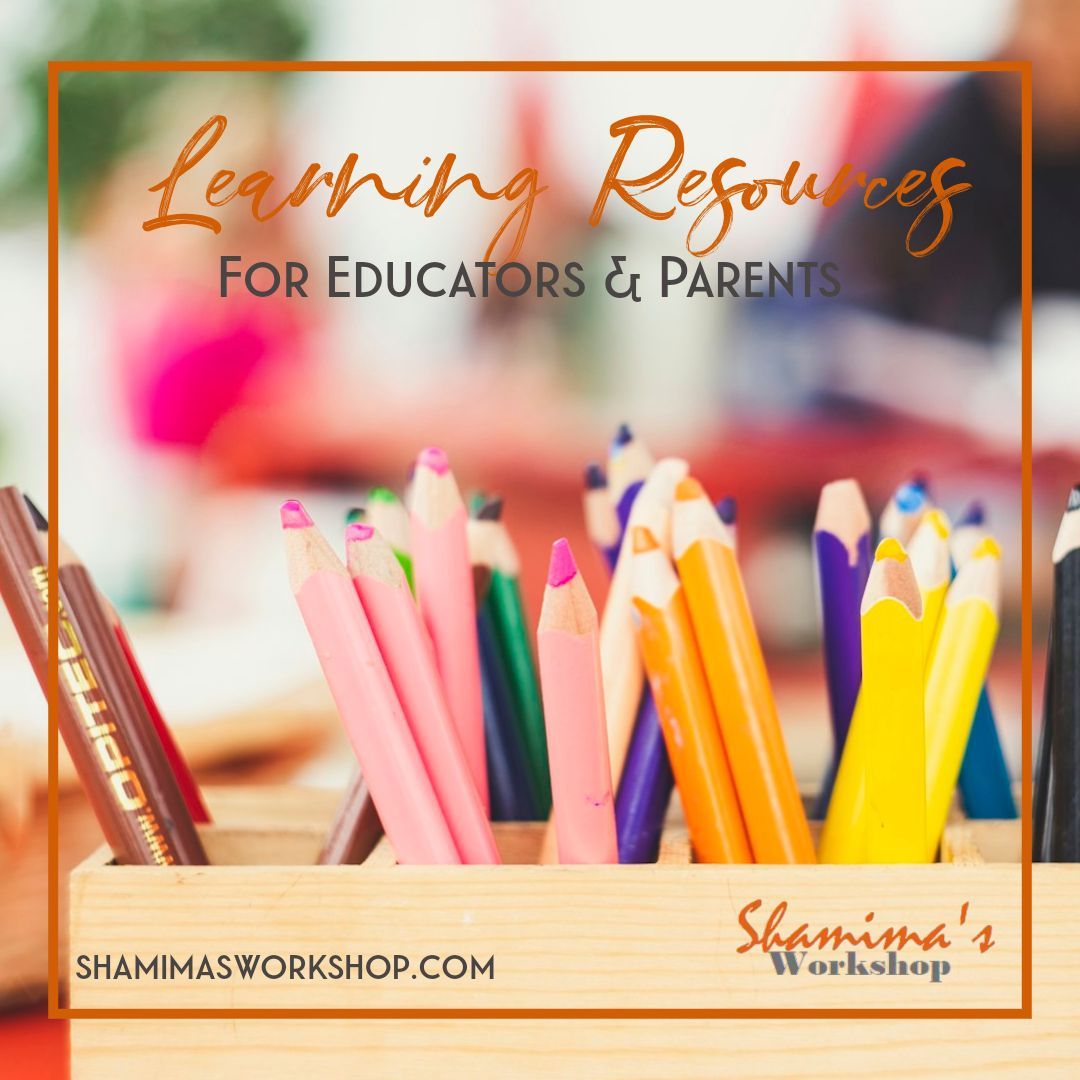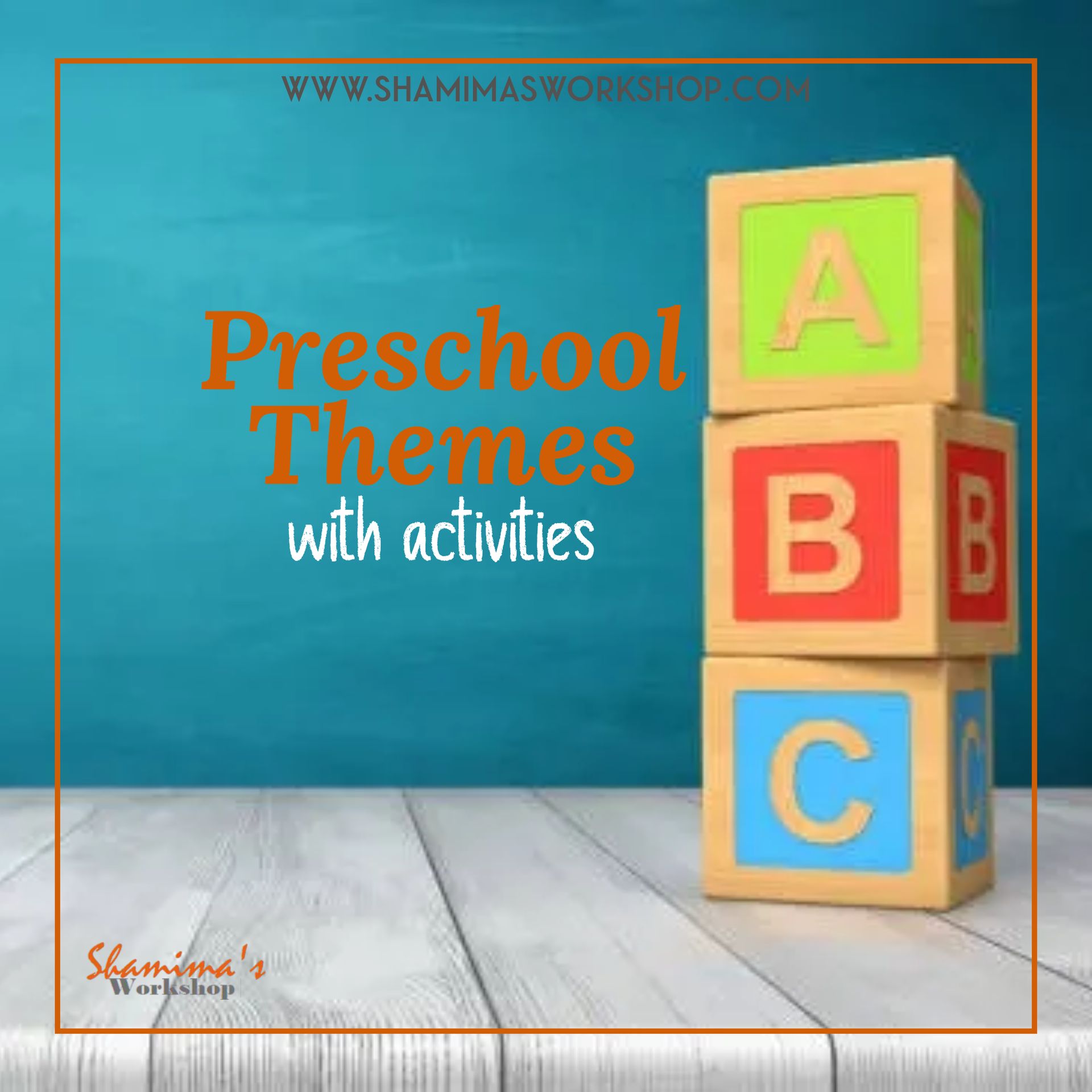Increase the vocabulary skills:
While reading to your child, you'll notice that there are many new words in stories and books that your child hasn't heard before, so take your time explaining new words to your child and making sure he or she understands what you're reading to him or her. These new vocabulary words will let the child develop a better level of words to use in his way of life while reprimanding others. So reading stories and books will develop communication and language skills in your child.
Ease Emotions and Feelings for Children:
Some children may be anxious about their recent experiences, fearful of certain things, or so emotionally sensitive that they would do anything for their parents. So it's good to have them read books about this subject. Books and stories will help children search out ways to cope with their problems and fears. Books give children ideas on how to relax, calm down, and accept new experiences.
Help in Focusing and concentration:
When you read to your child, you will see him playing quietly beside you or not focusing; after all, while you read aloud, he is going to be gaining concentration skills. Once you read with or to your child, he is trying to focus, hear, and understand the story or book, so this can help enhance their listening skills and focus skills further. To get your child more involved in reading and ensure that he's understanding and focusing, ask him questions about the story or ask him if he has any questions or something is unclear.
Support cognitive Development:
Reading or listening to stories helps children's brains develop their ability to focus, concentrate, and solve problems. Children who have been accustomed to hearing or reading stories since early years will have better academic results at school than people who don't, because books will help children extend their knowledge about many topics and learn new vocabulary words.
Empathy and understanding of the world:
Books offer a limitless supply of social interaction examples from which to learn empathy in addition to other skills. Children are shown both effective and ineffective ways to handle conflict in a variety of situations in scenes that are jam-packed with character dialogue.
Build language skills:
Reading or listening to books allows children to hear a large number of words and more complex language sequences than they might otherwise hear in their everyday lives. Books, as we know, are a great way to immerse children in the rhymes and rhythms of speech, which are vital for language development. When children hear books from an early age, they develop their language and communication skills, making it easier for them to form conversations with others and speak correctly.
Enhances Imagination:
When we read, we create a visual picture of what we're reading. We imagine how the characters seem, what is going on in each chapter, and how we are connected to these characters and events. These characters are linked to our emotions, and we identify with them. Reading story books sparks a child's imagination and stimulates curiosity by taking them to places and situations that they won’t encounter in their daily lives. The beauty of a storybook is that it can be both extremely realistic and fantastical.
Helpful for relaxation:
Reading books before bedtime, for example, can be helpful for relaxing. They allow children to forget about the stresses of the day and lose themselves in fantasy for a while. The soothing familiarity of a well-loved story, the rhyming and repetition of a picture book, as well as the sense of security that time spent reading together may engender, all contribute to the child's relaxation.
When it comes to reading to your children, the advantages go far beyond the building of a deep bond with them, though that is undoubtedly one of them. Reading aloud to children is the single most important activity for developing these fundamental concepts and skills for reading success that your child will carry with them for the rest of their lives.
Boost critical thinking:
With reading books develop critically thinking skills, children start predicting what will happen at the end or net part of story, thus challenging their brain to think of other possibilities.
Build your confidence level:
A child who can read books feels more confident, which will benefit him in his future academic skill development. He can participate fully in all activities. Another aspect of developing confidence is developing self-esteem, or feeling like you belong in the world.
